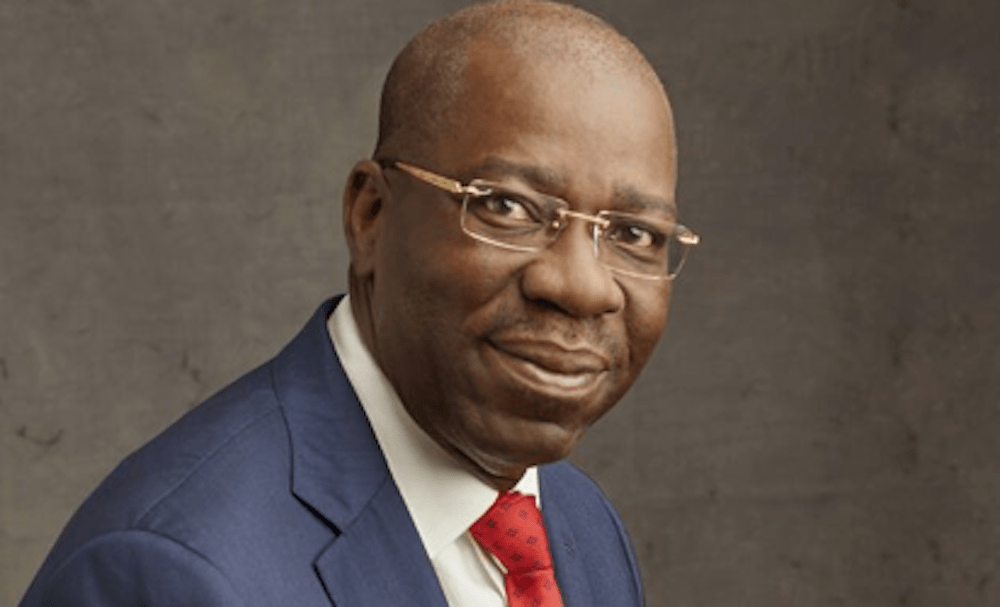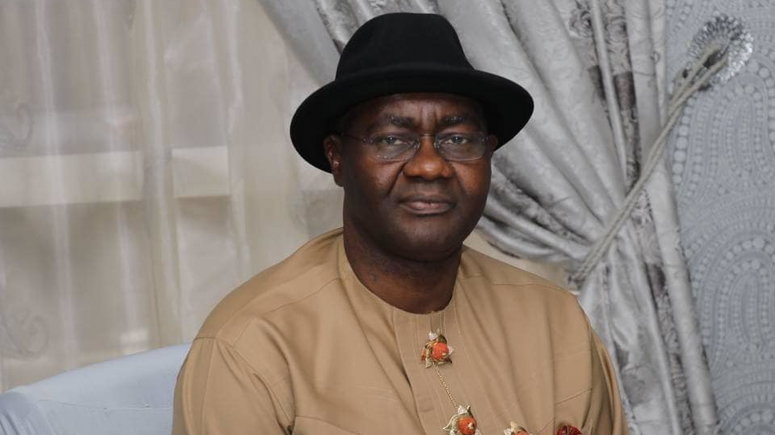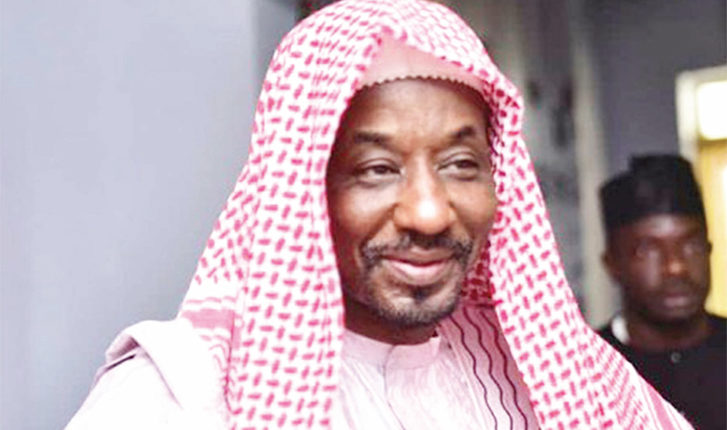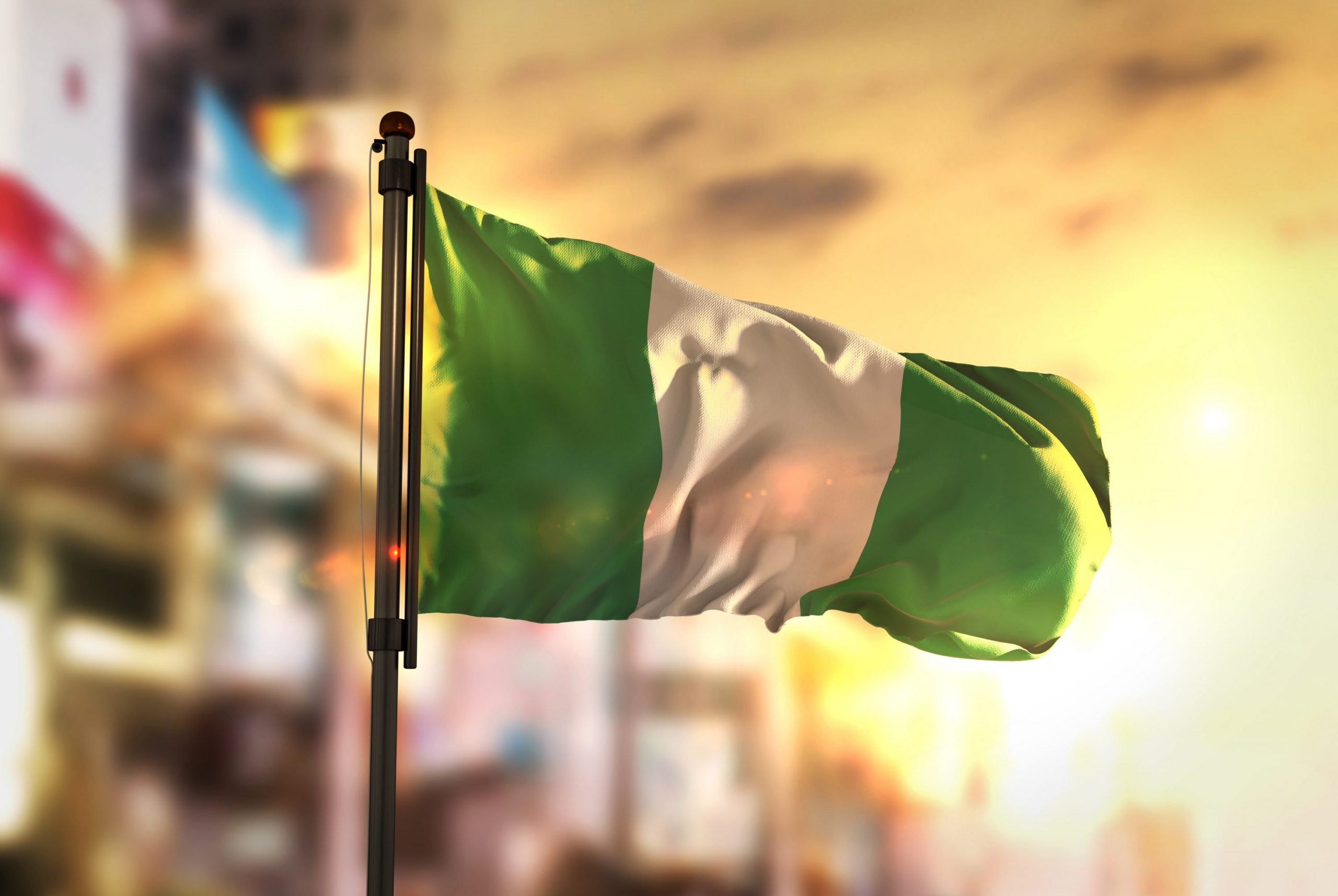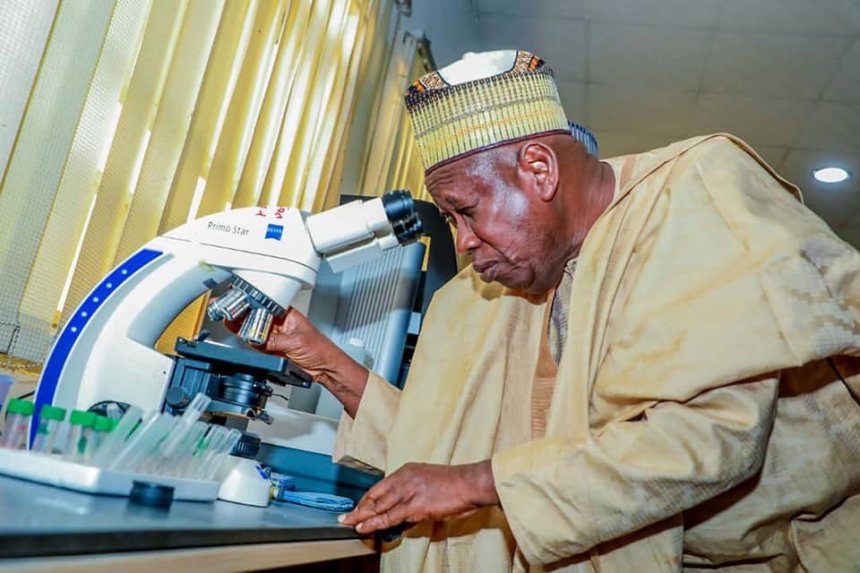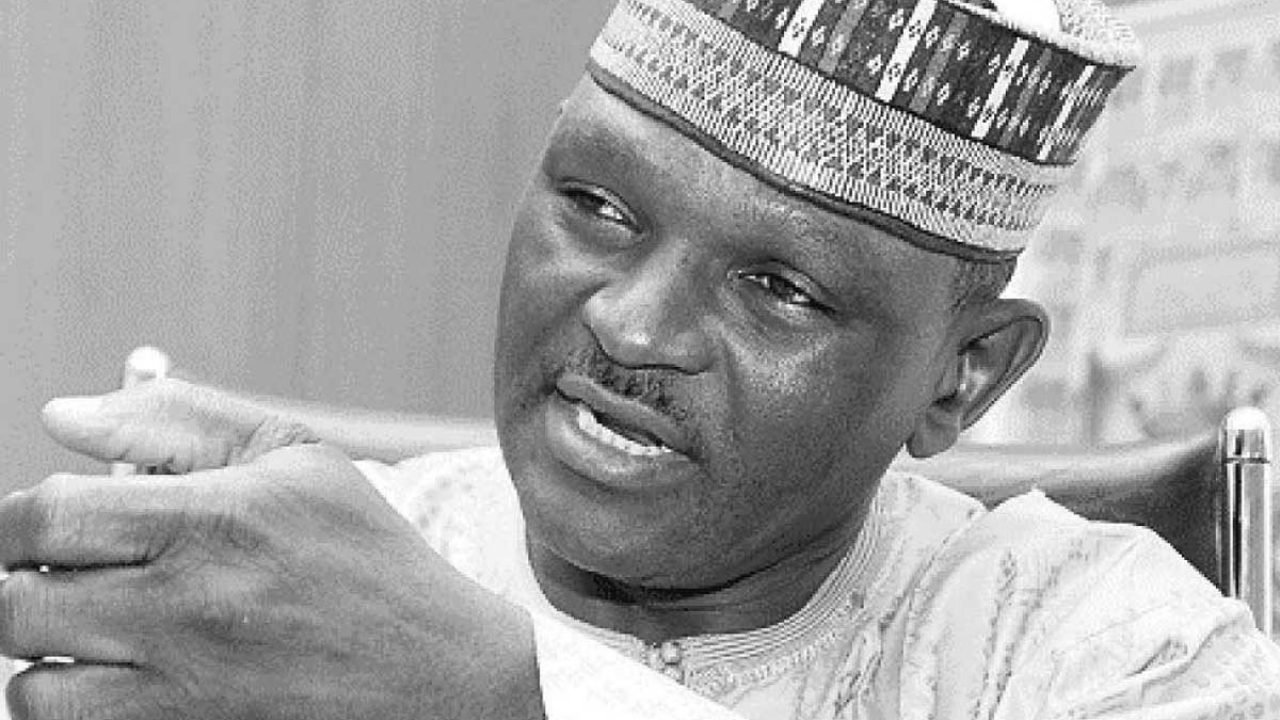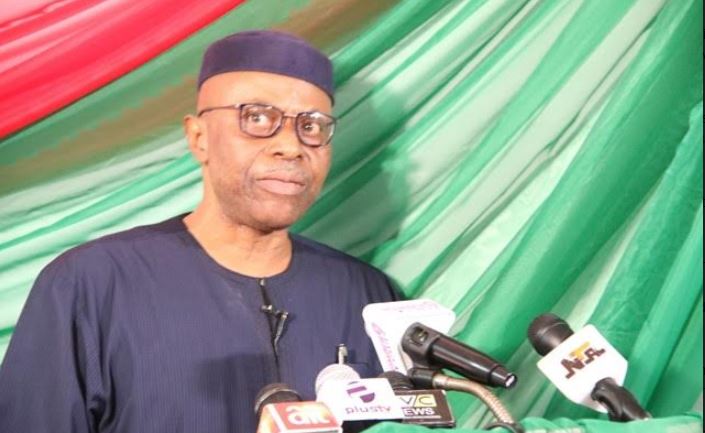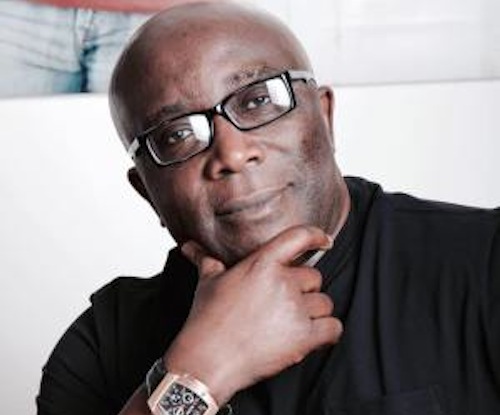Chidi Amuta
In July 2017, the tiny land locked but oil and gas rich kingdom of Qatar fell out with its Arab neighbours. It was charged with supporting terrorism! What made news was not just that Arab states ganged up to accuse their Qatari kinsfolk of a familiar neighbourhood pastime. The neighbours went ahead to clamp an air and land blockade on Qatar. No food and essential supplies would be allowed into the kingdom nor would Qatar Airways be allowed landing and over flight rights by its neighbours.
The hope was that food and essential supplies scarcity and a bit of regional diplomatic isolation would force Qatar into better behaviour. The kingdom which had previously relied on the ports, air corridors and logistics companies of its neighbours for its food and essential imports was in trouble. But it had one unusual advantage: its bank balances were good and its treasury bulging.
With surplus cash in the bank, Qatar could buy alternative supplies of food and other necessities from anywhere else in the world. But the loss of Qatar related food and supplies business took its toll on agriculture, logistics, haulage, shipping and related businesses in nearby Saudi Arabia, Bahrain and the United Arab Emirates. Regional farmers who produced for the Qatari market were in some trouble because of the loss of that market. Banking and finance institutions in the rest of the region with vital links to Qatar felt the bite as well.
A very brief disruption of north-south movement of food supplies followed as a consequence of deteriorating inter regional relations. The prices of essential food items like onions, tomatoes and beef in markets in the South West and Lagos rose suddenly.
Almost overnight, Qatar shifted to air lifting its food and essential imports. It quickly negotiated alternative air corridors and landing hubs for Qatar Airways and other Qatar bound flights. In one night alone, a series of Boeing 747 cargo planes landed in Doha, laden with grocery, food and other supplies including bottled water! One particular flight had a remarkable cargo. It was bringing in 350 well fed cows from Germany. More were to follow. In less than a fortnight, Qatar’s shops and markets were once again full of food and essential supplies at prices sometimes lower than what they were before the blockade. Soon afterwards, the diplomatic isolation and blockade withered as they began to have little or no effect on the lives of ordinary Qataris. Lesson? Be careful when you want to starve a free rich man!
I recall this distant scenario only to draw attention to the recent threat of a north-south food supply blockade in Nigeria. It was prompted by what started as an intra communal disagreements among Nigerians of different nationalities in the Shasha market in Ibadan, Oyo state. Fear and a bit of mischievous political propaganda led to a violent escalation and deaths.
A very brief disruption of north-south movement of food supplies followed as a consequence of deteriorating inter regional relations. The prices of essential food items like onions, tomatoes and beef in markets in the South West and Lagos rose suddenly. Governors from some northern states trooped to Ibadan in search of an amicable solution. Meanwhile in the border towns in Niger state that serve as corridors for the north-south food supply route, there was a pile up of trucks laden with perishable food items and rebellious cattle.
As it turned out, farmers and traders in the north who depend on this vital trade to survive were being forced by politically minded elements to halt the southward movement of their merchandise to make a political point. The farmers, traders and transporters began feeling the pinch as their merchandise were rotting away and cash was rapidly in short supply. A primarily economic crisis was in the offing, fired by bad politics and irresponsible rhetoric. Capitalism was under the threat of the politics of bad manners.
In the end, the primary forces at issue in our all too frequent simulated inter communal drama of violence and vitriol like the recent one in Shasha are food and money.
Then the political hawks moved in even more overtly. Not content with fanning the embers of an imminent north-south confrontation over the Shasha market incident and recent criminal infractions by herdsmen, some politicians saw the looming north-south food blockade as yet another opportunity to enlarge the coast of a newfound politics of ethnic confrontation. Some political contractors in both the north and south west began exchanging hate rhetoric about the consequences of an imminent north-south food blockade. They used the Shasha market bloody brawl to threaten a south versus north face off should the food blockade take effect.
Similarly, ambitious political groupings in the north such as the newly weaponized Miyetti Allah and a hurriedly assembled association of northern food traders liaised with political busy bodies of no fixed address. Kogi State Governor, Yahaya Bello, and the political nomad, Mr. Femi Fani Kayode, saw an opportunity for a free traffic in incendiary rhetoric and vitriolic hate speech. They made an opportunistic trip to the Niger state border towns where hired field thugs had halted the south -bound food convoys for political effect.
The politicians had seen an opportunity. Their object was to appear relevant in resolving a worsening situation. They wanted to be seen to have helped negotiate a truce that would lead to the resumption of food supplies to southern towns, especially the south west and Lagos. Key security departments like Defence Headquarters(DHQ) and the Department of State Security(DSS) waded in to rein in the trouble makers facilitating the blockade of food convoys.
The politicians still wanted to be relevant in the resolution. Professional political crisis hunters quickly arranged a well choreographed and televised visit to the President in Aso Rock Villa. The object was probably to conscript the president into a simulated resolution of a crisis that was never really there in the first place. Predictably, the food cavalry resumed moving after the security intervention and the visit to the presidency.
What this brief skirmish reflects is the growing Nigerian tendency to smuggle politics into nearly every facet of our national life. More often than not, politicians meddle in small inter communal fights and in the process magnify them into major national security crises. If common criminals embark on escapades of kidnapping, armed robbery and opportunistic rape, our politicians profile them along ethnic lines in order to make the crimes fit into a ready template. If housewives from different nationalities have a yard quarrel and it spills over into street fights between rival ethnic gangs and neighbourhood thugs, the politics of identity and militant ethnic nationalism wades in. Worse, if jobless urchins in some retail neighbourhood in a northern town loot or torch some shops belonging predictably to some southern traders, political hell is let loose.
No one can deny the reality and recent frequency of ethnic and identity frictions in our diverse polity. Nor can we deny a past history in which ethnic and regional differences have played a tragic role in igniting conflicts and crises that sometimes rocked the very foundations of the nation. But in nearly every recent upheaval along ethnic lines, the footprints of ambitious politicians can be seen clearly. They have been known to arm rival gangs, to inspire incendiary hate squads to unleash dangerous utterances. Political mischief has suddenly become a growth sector in today’s Nigeria.
In quest of solutions to our frequent ethnic disruptions, however, I contend that we should begin overriding political solutions with economic considerations as part of our diversity management strategies. A great majority of the sources of our frequent upheavals tend to be economic. Our most frequent headaches come from farmer/herder crises, spontaneous frictions among traders in multi ethnic markets and grazing rights and sectarian infringements. In other words, when issues of economic interdependence between regions of the country are at issue, we should not allow nasty politicking to muddle up and aggravate situations. Why not allow market forces to resolve issues with governments acting as mediators and enablers? In matters that have to do with economic production or the movement of goods and services across regions and states, it is only proper that economics rather than politics should lead the way to a solution.
Admittedly, the immediate theatre of anger in the Shasha market incident was a small private interpersonal aggravation which snowballed into an ethnic conflagration against a background of existing toxic relations fired by the activities of criminal herdsmen. But the interactions that have kept markets like Shasha thriving for decades are primarily economic and commercial even if at a rather primordial level. The northern traders, some of whom have settled in southern market towns like Shasha, Ogbomosho, Old Umuahia and others, see only a market for their wares. Their life long markets have become the only homes they know.
The supply chain that feeds these markets and the larger ones in places like Lagos, Port Harcourt and Onitsha leads from the northern farms of Jigawa, Kebbi, Kano, Zamfara etc. that produce onions, cucumber, tomatoes, lettuce and assorted vegetables as well as the rearers and herders who sustain the cattle trade. These wares and the trade that sustains them has been in place for decades if not centuries. It is a trade route that has created opportunities for other value chains. Truck owners and drivers find work. Farmers get cash returns for their sweat in arid farmlands. Craftsmen who make fruit baskets and bags for transporting agricultural produce over long distances find work. Peaceful herders also find work, generate returns and master the national terrain as they ply their age long trade. A steady cash flow and economic sustainability is created which affects the livelihood of millions of Nigerians over a vast stretch of the country.
In the southern markets, wholesalers and retailers of agricultural produce thrive. Retail markets are accordingly fed. Butchers markets are supplied with cattle on a daily basis. Private homes and the food hospitality industry sector are supplied. An interdependence has built up over the years which has become a vital aspect of the national economy and commodities ecology. The average Lagos, Ibadan, Onitsha or Port Harcourt resident who buys meat, tomatoes or onions probably does not care or know where the food items on his dinner table come from. The “Mama Put” woman in central Lagos who serves her clients sizzling hot amala with spicy tomato soup only knows which market to buy ingredients from, not the geo location of tomato and onion farms.
What binds farmers, traders, transporters, hoteliers and food vendors in this common national market is the force of demand and supply in a rudimentary open market economy. This common market also happens to coincide with a certain sense of national community. Therefore, when inter communal disruptions such as Shasha occur anywhere in the country, the immediate challenge for leadership is to restore first the sense of community in order to recover the basis of supply and demand as the life blood of the market. The national meeting venue is the market of where citizens exchange goods and services.
When inter communal upheaval and fear threaten the free movement of goods and services from one end of the country to the other, the first obligation of the political leadership is not to allow political toxin to worsen a bad situation in order for factions to extract advantages. The urgent task is to restore confidence among members of the community first as compatriots and then as participants in a market governed by the best rules of supply and demand driven by the hunger for cash and profit. Instead of recruiting political thugs and agents provocateur, leaders should look for economic minds to restore the supply chain, bring back confidence among economic participants and thus promote national prosperity.
We need to develop the best capacity to keep supply chains uninterrupted, to protect demand and ensure stability in the flow of transactions and the traffic of monetary value which is the essence of a market. Instead of focusing on political and ethnic differences, let us concentrate on keeping markets open, balancing demand and supply and creating prosperity for as many Nigerians as possible. A prosperous population does not engage in foolish fights!
In the end, the primary forces at issue in our all too frequent simulated inter communal drama of violence and vitriol like the recent one in Shasha are food and money. Neither of them obeys silly sectionalist political profiling and calculations. The hungry fellow in a Lagos home who settles to a meal of tuwo or pounded yam with tomato stew and beef accompaniment is not likely to ask where the beef, onions or tomatoes with which the soup was prepared came from. Hunger and the food to heal it have neither regional, ethnic nor religious.
The Lagos consumer with some cash whose food supply from the north is suddenly blockaded will have no choice than to seek alternative sources. To feed his family, he would readily adopt whatever substitutes he can find. Over time, he is likely to deploy his cash to buy alternative supplies from wherever he can find them including buying imported or smuggled food. It is the forces of supply and demand, not political arithmetic, that will dictate his options in this regard. It is supply and demand that rule our lives and govern our options, not the gambits of politicians.
In the hands of the northern farmer in the tomato and onion fields of Kano, Jigawa, Yobe and Kebbi, the return for his labour is cash to meet his needs and justify his toil. That cash has no ethnic or a religious label. There is no Hausa, Yoruba, Igbo, Idoma or Efik label. For as long as the farmer and cattle rearer gets a fair cash reward for his labours and wares, he is not likely to bother about the ethnic origin, religion or political party of the money. But if the farmer finds that he can no longer find a ready market for his produce and is therefore cash strapped, he is likely to find alternative means of livelihood including joining Boko Haram or buying or renting AK-47s for criminal exploits. He must find the cash to meet his obligations or perish in hunger.
There is of course a sense in which the political environment determines the economic activities and options of citizens. But such politics must be rational and reflect a national common ground. Contemporary Nigerian politics is toxic in the most primitive sense. There is no bipartisanship, no common ground on national priorities or any consensus on the common good. Political behaviour in our context is governed by a primitive ‘winner take all’ competitiveness in which political contest is the equivalent of bitter factional warfare. If such politics is allowed to bedevil and threaten the national economic space, the sense of a common national market which has helped keep Nigeria united and alive over time will yield to divisiveness and disintegration. Normal people do not make money in a situation of anarchy.
A prolonged food blockade by northern farmers and suppliers will in the short run create scarcity and high selected food item prices in southern urban centres. In the same short run, northern farmers will run out of cash as they helplessly watch their produce rot away. Incidentally, the nations that border us to the north are not exactly the wealthiest as to provide an immediate lucrative alternative market for the produce of our farmers.
On the contrary, the relatively richer consumers and entrepreneurs of the southern urban centres have what I may call the Qatar advantage. They mostly have ready cash and may be forced by higher prices to seek alternative food supply sources. In addition to the possibility of massive food smuggling and importation, Nigerian entrepreneurs with ready access to cash and credit are likely to quickly switch investment focus to huge agricultural ventures to find alternatives to over politicized local food supplies.
Perhaps the best way to save this polity is first to safeguard the national market place and community of citizens primarily as economic agents with complementary needs and obligations across all barriers.
